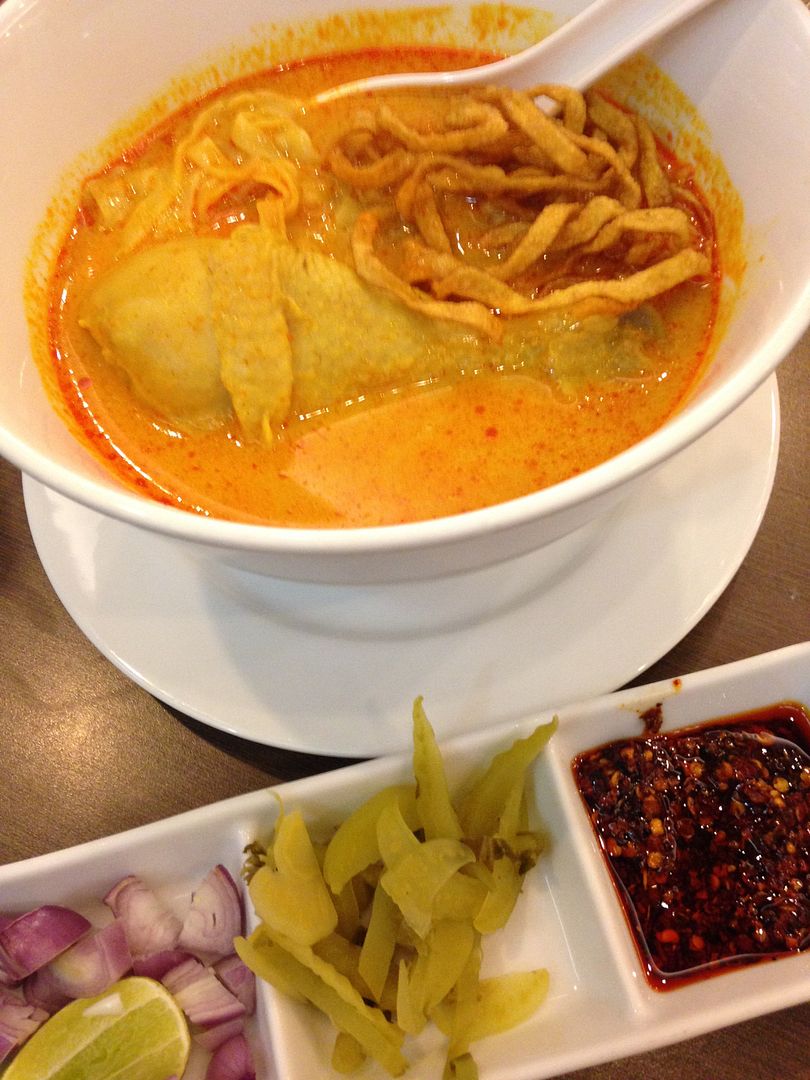Re: 1st Miss Universe Myanmar in 53 years
Sinkie organic rice connection in LOS
Going with the grain
Singaporean businessman falls in love with Thai hom mali brown rice and starts selling an organic version in his country.
Published: 14 Oct 2013 at 00.53Online news: Local News.
Cheang Sen Kai, a Singaporean businessman who lost his steel business in the wake of the Asian financial crisis in 1997, ended up falling in love with the charm and taste of Thai hom mali (fragrant, or jasmine) brown rice after a visit to Chiang Mai a decade ago.

Farmers plant rice sprouts on a farm in Chiang Mai's Mae Rim district.
He did not eat any hom mali brown rice while there, but his travelling companion took some back home and cooked it for him for New Year. When he tasted his first spoonful, he thought it was so fantastic that he felt sure he could easily market it in Singapore.
And that was the start of The Sukha House (Thailand) Co, an organic brown rice producer and exporter.
Mr Cheang visited Chiang Mai again to survey the rice market and learned organic rice is better, as chemicals are not applied during farming and cultivation.
Moreover, demand for organic rice is very high in Singapore, as people there have become more health-conscious.
He was introduced to Assoc Prof Danuwat Pengont, the director of Maejo University's Institute of Product Quality and Standardization (IQS), who agreed to help him in terms of organic rice farming know-how.
"We're lucky to work with the IQS, which assists us in coordinating with the Lamphun Cooperative in encouraging farmers in the North to grow organic brown rice for us," said Mr Cheang.
Then Sukha House was established to cement the three-party cooperation in 2007. They started promoting organic brown rice farming and supporting farmers in eight provinces in the Upper North to produce organic hom mali brown rice.
Assoc Prof Danuwat said the alliance with Sukha House has benefited Thai farmers and is in line with Maejo's goal of promoting organic farming.
Organic brown rice farming can yield 750 to 1,350 kilogrammes a rai, similar to traditional farming but with little or no chemicals, which cost 4,000 to 5,000 baht a rai. "But rice farmers are generally still less interested in organic farming, as they cannot find anywhere to sell the rice. So they continue growing rice in the same way and opt for the government's rice-pledging scheme," he said.
Currently, the contract farming areas under Sukha House comprise 3,500 rai in Chiang Mai, Chiang Rai, Phrae, Mae Hong Son, Phayao and Uttaradit in the North along with Chaiyaphum in the Northeast for 500 farmers. Rice production is 1,600 tonnes per year.
Sukha House set to buy organic brown rice from farmers at 22 baht per kg or 22,000 baht a tonne, which is more than the 20,000 baht per tonne guaranteed by the government under its pledging scheme.
Last year, Sukha House exported 40-50 containers with 22 tonnes each to Singapore. This year, its rice export volume will rise by 10%. The company has already entered Hong Kong, Indonesia and Brunei and is eyeing Europe for next year.
"With the rising export target, we'll expand our brown rice farming areas to 4,000 or 5,000 rai next year," said Mr Cheang.
He said his Chang organic rice brand offers red-brown, jasmine-brown, mixed brown and black-and-white glutinous rice.
The company's organic brown rice is priced 15% higher than normal rice. Sukha House plans to open an organic restaurant in Chiang Mai next year as a pilot project to promote the rice. If successful, it will be developed into a chain operation
I take 5 days already boss kow-peh-kow-bu.




 :p
:p